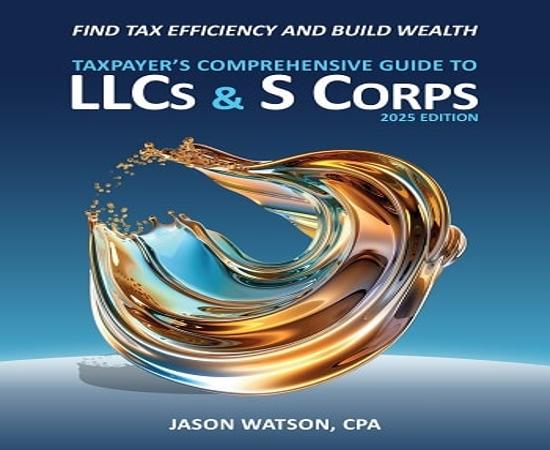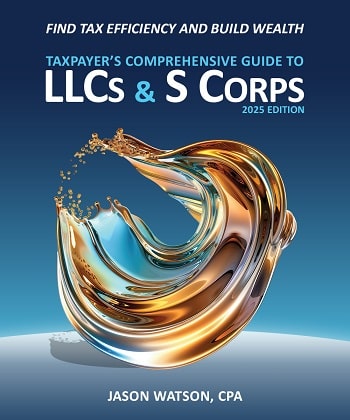Taxpayer’s Comprehensive Guide to LLCs and S Corps: A Detailed Analysis
Welcome to the ultimate taxpayer’s comprehensive guide designed to demystify the intricate world of LLCs and S Corps. Whether you are a business owner or an aspiring entrepreneur, understanding the nuances of these structures is crucial for maximizing tax benefits and protecting your assets. In this comprehensive guide, we will delve into the various aspects of LLCs and S Corps, exploring their benefits, taxation implications, and the key differences between these entities.
Benefits of LLCs and S Corps
Both LLCs and S Corps offer limited liability protection, shielding your personal assets from business liabilities. Additionally, these structures provide pass-through taxation, allowing business profits to flow through to the owners’ personal tax returns. This can result in potential tax savings compared to traditional corporate structures.
Moreover, LLCs and S Corps offer flexibility in terms of management and ownership structure. With an LLC, you can choose between a member-managed or manager-managed setup, while S Corps allow for a specific number of shareholders who must be U.S. citizens or residents.
FAQs about LLCs and S Corps
1. Can an LLC elect S Corp status for tax purposes?
Yes, an LLC can choose to be taxed as an S Corp by filing Form 2553 with the IRS. This election can be beneficial for tax planning purposes, as it allows owners to take a reasonable salary and receive the rest of the profits as distributions.
2. What are the key differences between an LLC and an S Corp?
The main distinction lies in the taxation method. While LLCs are taxed as pass-through entities by default, S Corps require the filing of a corporate tax return. Additionally, S Corps have restrictions on ownership and are subject to certain eligibility criteria.
3. Do LLCs offer the same liability protection as S Corps?
Yes, both LLCs and S Corps provide limited liability protection, meaning that the owners’ personal assets are generally shielded from business debts and obligations.
4. Are there any ongoing compliance requirements for LLCs and S Corps?
LLCs typically have fewer compliance obligations compared to S Corps, which are subject to strict corporate formalities such as holding annual shareholder meetings and maintaining detailed records.
5. Can a single individual form both an LLC and an S Corp?
Yes, it is possible for an individual to have ownership interests in both an LLC and an S Corp. This can offer flexibility in structuring business ventures and optimizing tax strategies.
Conclusion
In conclusion, the taxpayer’s comprehensive guide to LLCs and S Corps serves as a valuable resource for individuals looking to navigate the complexities of business entity selection. By choosing the right structure and understanding the associated implications, taxpayers can make informed decisions that align with their financial goals. Whether you are a seasoned business owner or a novice entrepreneur, leveraging the benefits of LLCs and S Corps can pave the way for sustainable growth and tax efficiency.


